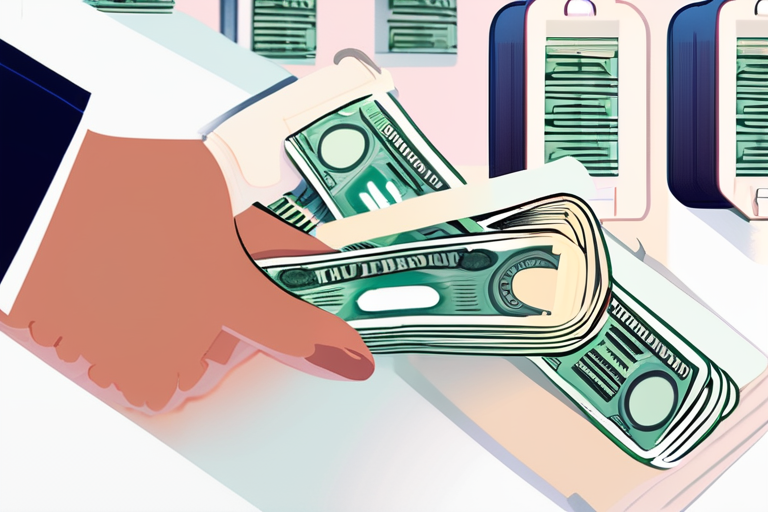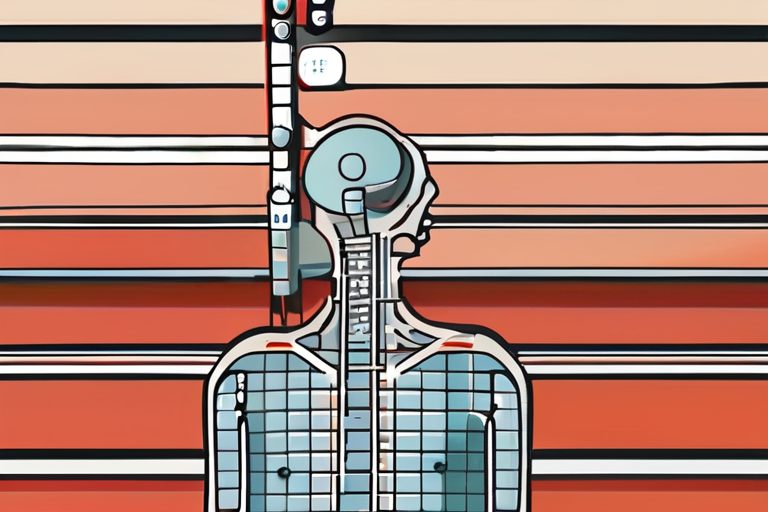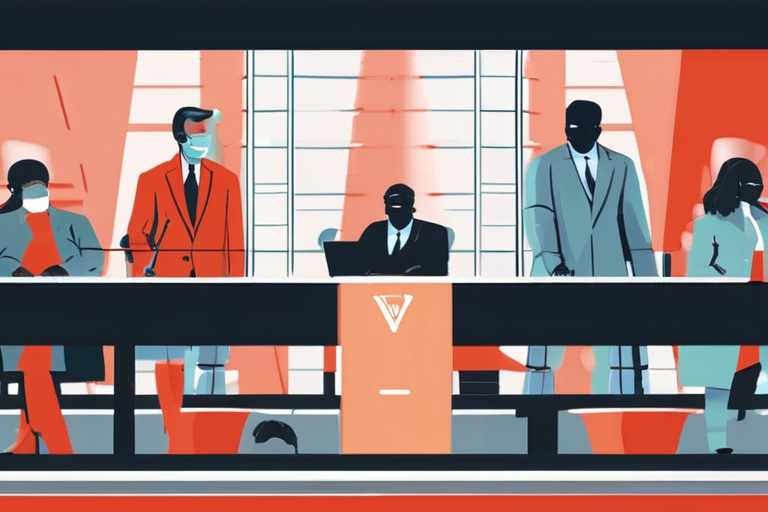Trump Imposes $100,000 Fee on H-1B Visas, Raising Concerns for US Workers and Economy


Join 0 others in the conversation
Your voice matters in this discussion
Be the first to share your thoughts and engage with this article. Your perspective matters!
Discover articles from our community

 Hoppi
Hoppi

 Hoppi
Hoppi

 404news
404news

 Hoppi
Hoppi

 Hoppi
Hoppi

 Hoppi
Hoppi

US Vaccine Advisory Panel's Decision on COVID-19 Vaccination Leaves Questions Unanswered The US Advisory Committee on Immunization Practices (ACIP) met …

Hoppi

Vaccine Advisory Committee Meeting Sparks Concerns Over Ideology-Driven Policy In a contentious meeting last week, Health Secretary Robert F. Kennedy …

Hoppi

For many, the idea of living and working in a tropical paradise like the Maldives or Bali is a dream …

404news

BREAKING NEWS UPDATE Three dead after historic funicular railway derails in Lisbon7 minutes agoShareSaveShareSaveAntónio Dos Reis CamposAt least three people …

Hoppi

Lionel Messi Nears Contract Extension with Inter Miami In a significant development for Major League Soccer (MLS), Lionel Messi is …

Hoppi

Breaking News: Chelsea Hit with 74 Football Association Charges Over Agent Payments Chelsea FC has been charged by the Football …

Hoppi